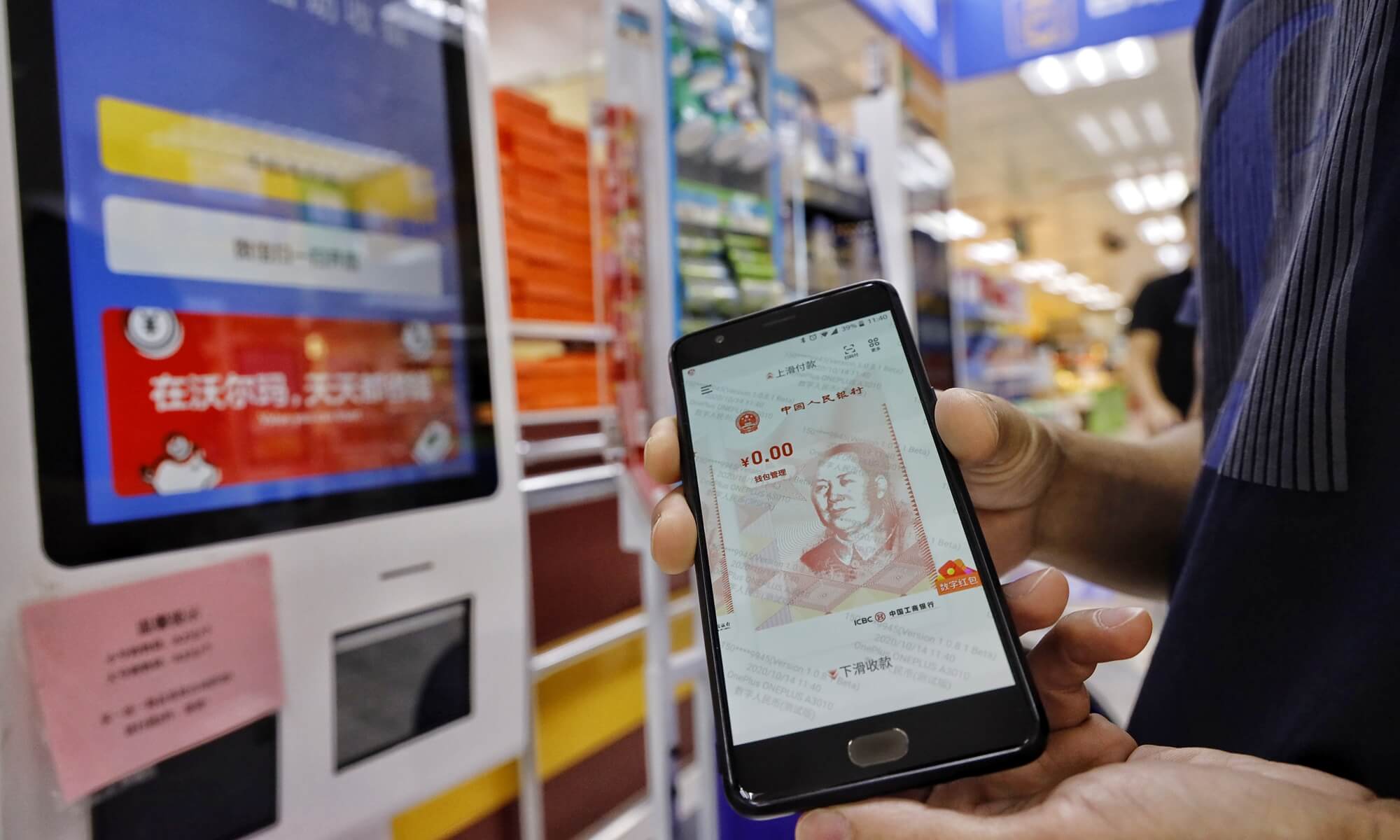The Nigerian Securities and Exchange Commission (SEC) has issued new rules that classify cryptocurrencies as securities.
According to the 54-page document, digital assets are similar to a stock or an issuer’s debt claim.
“[…] so, [криптовалюты] By default, they are governed by the SEC,” the regulator stressed.
The rules also include registration requirements for trading platforms. Specifically, exchanges must have a minimum paid-in capital of 500,000,000 naira ($1.2 million at the time of writing).
Registered sites are required to provide a list of assets to the editor and obtain approval for each. The SEC requires exchanges to adhere to “fair, reasonable and transparent” fee policies.
In 2020, the SEC recognized crypto assets as securities with a clause “unless proven otherwise.” Thus, the Commission relinquished to issuers the right to prove that an asset does not fall within its jurisdiction.
Owen Odia, regional director of the Luno exchange, noted in a comment to Bloomberg that the new rules “could act as a harbinger of an unexpected move by the central bank that will change its approach and create a critical foundation for mass adoption.” cryptocurrencies across the country.
In February 2021, the Central Bank of Nigeria banned commercial financial institutions from serving cryptocurrency exchanges and companies working with digital assets.
The Senate then recommended that the central bank regulate rather than restrict the industry.
In March, the regulator said it does not prohibit local residents from buying and selling bitcoin, and that the restrictions only affect financial institutions. In this context, the p2p transaction volume in the country increased by 27%.
In August, The Guardian reported on the growing popularity of cryptocurrencies in Nigeria despite the authorities’ prohibitive measures.
Recall that according to the forecasts of KuCoin analysts, in 2021 the average monthly number of crypto transactions in Africa increased by 1386.7%.












